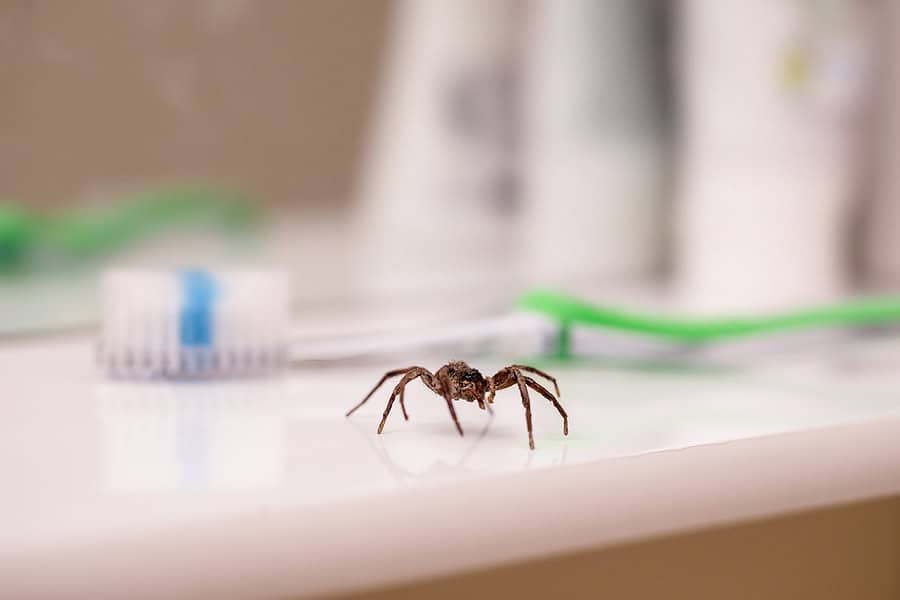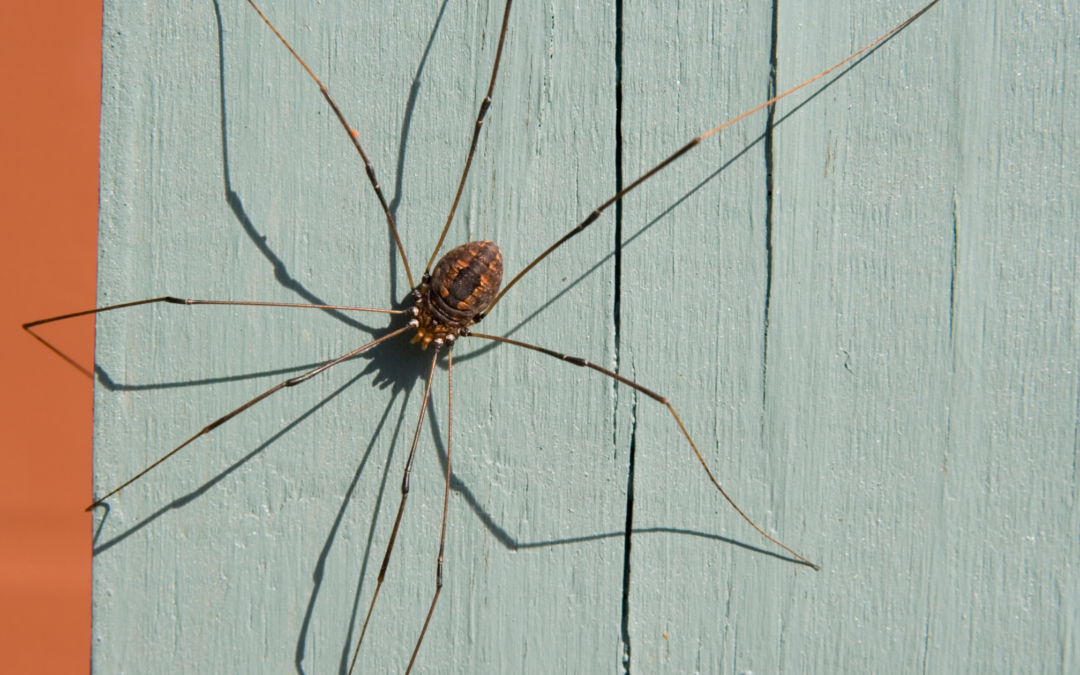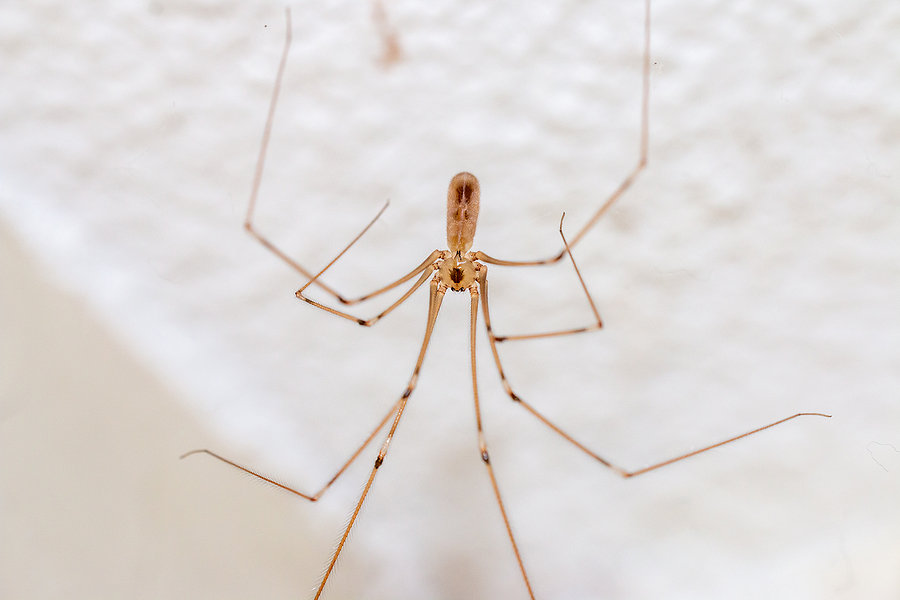READY TO GET STARTED?
REQUEST A FREE ESTIMATE
Fill out the form below or call (888) 466-7849 for a free, no-obligation estimate.

Fort Myers, Florida, offers beautiful surroundings, but its warm climate also attracts pests—spiders included. While most spiders are harmless, their presence can still be unsettling. For eco-conscious homeowners, green pest control offers a natural solution to manage spiders without resorting to harsh chemicals. Here we break down eco-friendly spider control, its benefits, and DIY prevention tips.
Green pest control focuses on eco-friendly methods that effectively eliminate spiders while protecting the delicate Floridian ecosystem.
Identifying the spider species helps determine the most effective green solutions.
By opting for green pest control, you can enjoy a spider-free home in Fort Myers while protecting your health and the environment. Natural methods like sealing entry points, using repellents, and maintaining cleanliness offer long-term, eco-friendly spider control solutions for spider management. If you’re interested in green pest control for your property, call a local pest control company near you for a free estimate!

As the cooler weather settles in here in Pompano, homeowners may notice an increase in spider activity around their homes. While these eight-legged creatures can be unsettling, understanding their behavior and how to manage them can help keep your home comfortable and pest-free.
As temperatures drop, many insects become less active, which can lead spiders to seek shelter indoors where it’s warmer and food is more readily available. Spiders are natural predators, and they often move inside to find their next meal, which may include other pests hiding in your home.
Spiders are excellent at finding cozy spots to spin their webs. Here are some common areas you should check around your home:
While spiders play a beneficial role in controlling insect populations, their presence in your home may not always be welcome. By staying proactive and keeping an eye out for spider activity, you can maintain a comfortable living space in Pompano. Embrace the cooler weather and take these steps to ensure your home remains a cozy refuge—without any unexpected visitors!

Spiders are typically harmless and even deemed beneficial by controlling other pests, but having them in your home can be alarming! We breakdown some easy do-it-yourself spider prevention tips that you can use around your Lauderhill home.
Spiders love to hide in cluttered spaces, so keeping your home clean and tidy can significantly reduce the chances of them making themselves at home. Always vacuum regularly, paying extra attention to corners, underneath furniture, and hard-to-reach areas. Look at dust surfaces and if you spot a spider web with no spider, carefully remove the web. It’s also crucial to declutter storage spaces, basements, attics, and garages. Organize items in sealed plastic containers instead of cardboard boxes, which spiders will infest.
Spiders will enter homes through the tiniest cracks and gaps. Sealing these openings will help keep them from entering. Inspect your home and check for cracks in the walls, windows, and doors. Seal any you may find as soon as possible with sealant or caulk. Ensure that your windows and vents have tight-fitting screens, replacing any damaged screens to prevent entry.
Spiders are attracted to insects, which are drawn to lights at night. Look to reduce outdoor lighting to minimize spider activity. Replace white bulbs with yellow bulbs, as insects are less attracted to it. Additionally, consider utilizing timed outdoor lights to avoid them staying on overnight and attracting insects.
Your yard is the first line of defense to discourage spiders from entering your property, so it’s important to keep it well-maintained. Keep shrubs, trees, and other plants trimmed and pointing away from your home. Clear out leaves, unused woodpiles, and debris that spiders can hide in. If you use mulch, avoid placing it near your foundation so it doesn’t provide a habitat for spiders and other pests.
Keeping an eye out for early signs of spider activity will help you address the issue before it becomes a full-blown infestation. Make sure to regularly inspect areas like closets, basements, and garages for webs and spiders.
If you notice a significant spider problem, it’s always best to call a pest control company near you to help. These professionals will provide you with a comprehensive inspection and the best pest control plan for your situation.

Is a daddy long legs a spider or fly? It’s a common question that often leads to confusion. Let’s delve into the facts to unravel this mystery and understand more about these fascinating creatures.
Contrary to popular belief, daddy long legs are not spiders but belong to the order Opiliones, also known as harvestmen. While they may resemble spiders due to their long, slender legs, they differ in various aspects, including body structure and behavior. Unlike spiders, daddy long legs do not produce silk, lack venom glands, and have a single body segment rather than two distinct segments (cephalothorax and abdomen).
Identifying daddy long legs is relatively straightforward. They typically have a small, oval-shaped body with extremely long, thin legs, giving them their distinctive appearance. These creatures are commonly found in damp, dark areas such as basements, crawl spaces, and garages. They are also known to seek refuge indoors during colder months, making homes a prime habitat.
While daddy long legs are harmless and beneficial predators, their presence indoors can be unsettling for some. To prevent them from entering your home, consider the following measures:
Don’t let pests like daddy long legs disrupt your peace of mind. Take proactive steps to safeguard your home with expert pest control services. Contact a pest control company near you today to request a free quote and learn more about our spider control and general pest management solutions.
You can enjoy a pest-free home and peace of mind knowing that your property is protected against unwanted intruders. Say goodbye to daddy long legs and other pests with comprehensive pest control services.

Georgia is no stranger to household pests. One common visitor that many Georgians encounter is the daddy long legs, a unique arachnid that often finds its way into homes. In this blog post, we’ll explore what attracts daddy long legs, how to identify them, reasons for a daddy long legs infestation, whether they pose a threat to humans, and effective ways to prevent and eliminate them. If you’re dealing with a daddy long legs infestation, read on for valuable insights and practical solutions.
Daddy long legs, scientifically known as Opiliones, are not true spiders but belong to the arachnid family. They are characterized by their long, thin legs and small, oval-shaped bodies. Unlike spiders, daddy long legs have a fused body structure and lack venom glands. Their appearance can sometimes be confused with cellar spiders, but the absence of a segmented body distinguishes them.
Understanding the reasons behind daddy long legs entering homes is crucial for effective control. These arachnids are attracted to damp and dark environments, making basements, crawl spaces, and garages ideal habitats. Additionally, they are opportunistic feeders, preying on small insects and other arthropods found in and around homes. The presence of abundant prey can draw daddy long legs indoors.
The good news is that daddy long legs are not harmful to humans. Contrary to popular myths, they do not possess venomous fangs and are not capable of biting. In fact, these arachnids play a beneficial role by feeding on other pests, helping to control insect populations around your home. While their presence may be unsettling to some, daddy long legs pose no direct threat to your health.
To keep daddy long legs at bay, consider implementing the following preventive measures:
If you’re dealing with a daddy long legs invasion or any other pest issues in Georgia, don’t hesitate to reach out to our expert team. Request a free pest control quote today and let us help you create a pest-free environment in your home. Protect your family and property with our reliable pest control services.
Remember, a proactive approach to pest control is key to maintaining a comfortable and pest-free living space. Contact us now and take the first step toward a pest-free home!